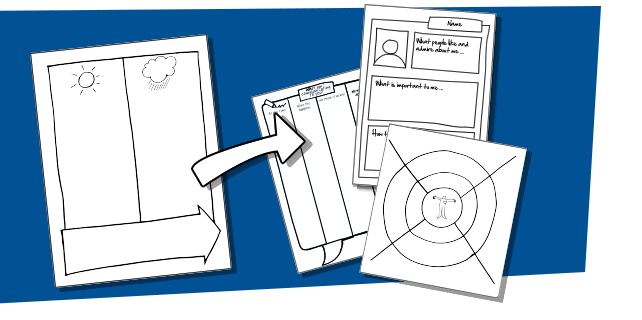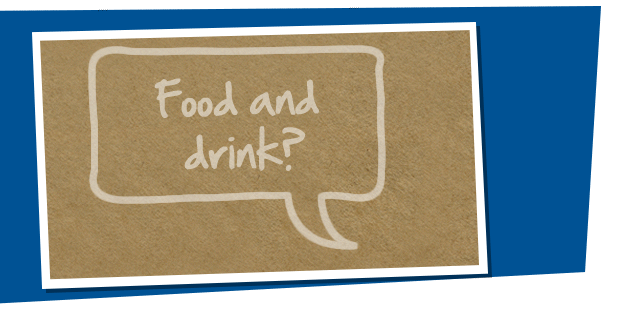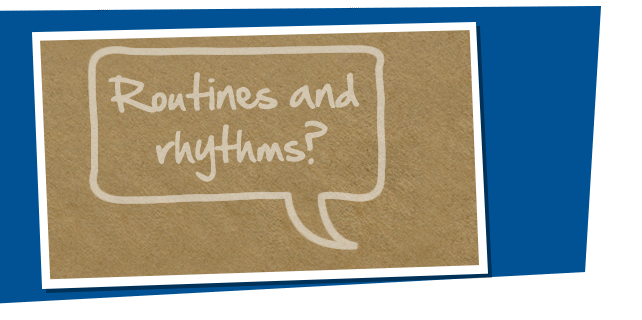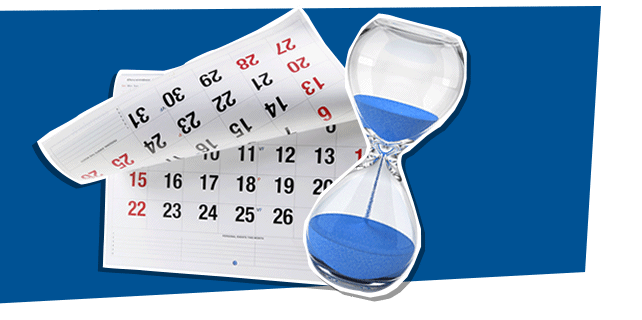Finding out about someone
So how do you go about finding out what a person’s good days and bad days look like?
Best day/worst day
Ask the person to think about their very best day, and then a bad day. Break the days up into chunks – from when they wake up in the morning to when they go to sleep at night – and go through each chunk one at a time.
For some people, talking about a bad day can feel like they are re-living it, so it may work better to do a good morning then a bad morning, a good lunchtime and then a bad lunchtime and progress through the rest of day similarly.

Start a conversation
Ask questions and tease out information. Be prepared for the conversation to meander. Questions you could ask include:
- What do you do on your favorite day of the week?
- Can you tell me about the times you have most fun?
- What are the things that make you feel really good?

Capture information
Discussing good days and bad days is a great way for gathering information for a person’s one page profile, communication chart and relationship map.
Capture what the person is saying and add anything that you learn about the person to the appropriate person-centered thinking tool. n Maria became confused, scared and lost.

Who?
Ask the person who they are with for each part of the day or for a particular activity – a good or bad day might depend on the people that are around. This information can help to inform the matching support tool.

Where?
Ask the person who they are with, where they are and what they are doing – where something happens can be as important as what happens.

Food and drink?
Ask the person about food and drinks.
- Do they need their morning cup of tea in their favorite mug?
- Do they like to eat their meals on their own or with friends?
- Do they like to know what they will be eating each day, or do they prefer surprises?

Routines and rhythms?
Is a good or bad day about someone’s routine, rhythm or pace of life – do they like to be busy, or prefer a slower pace?

Looking back
If someone is finding it hard to think about what makes a good or bad day, ask them to describe a day last week that was really good or really bad and then find out why.
If the person has not had good days for some time then ask them about a day from their past.

Ask others
If the person can’t tell you themselves then use their relationship circle to identify family, friends and support staff whose opinion you can ask about the sort of things that they think help the person to have good days and contribute to bad days.
